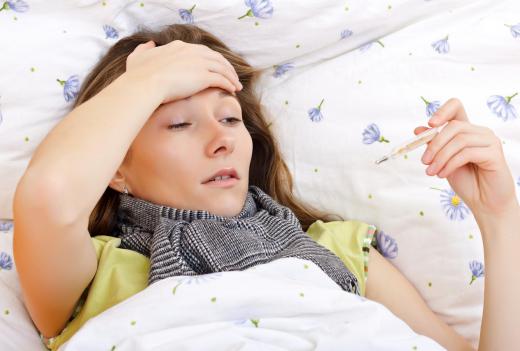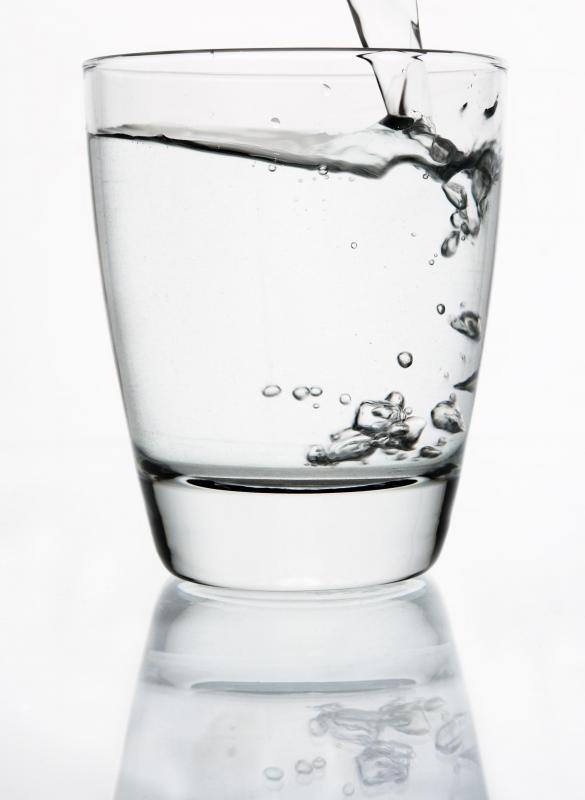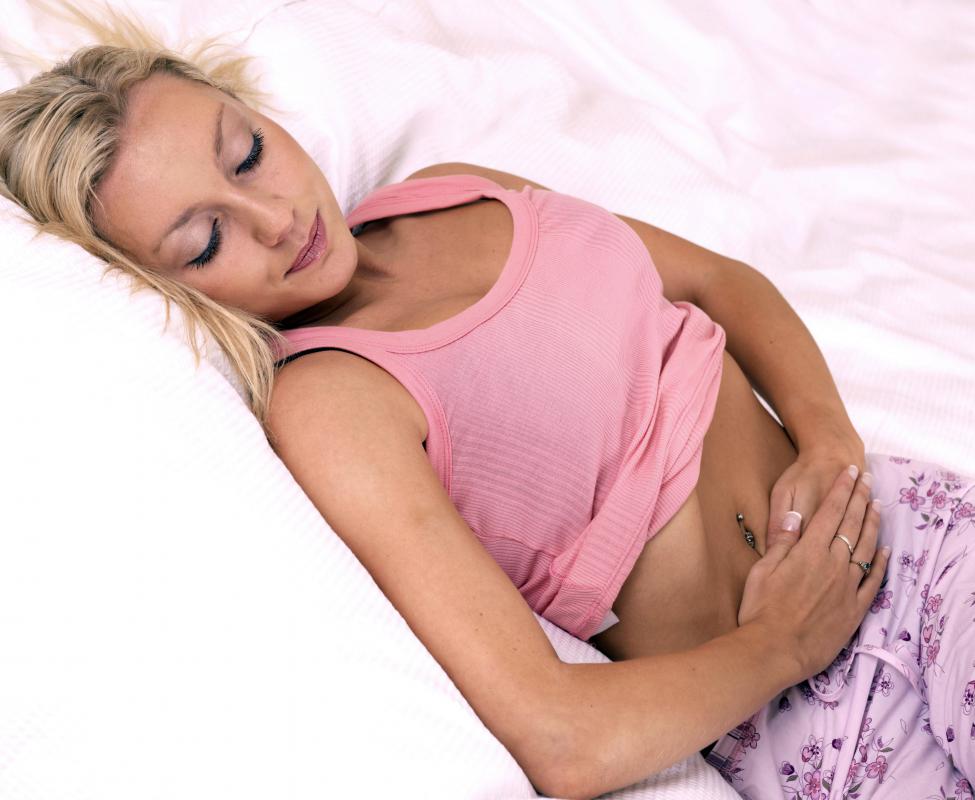At TheHealthBoard, we're committed to delivering accurate, trustworthy information. Our expert-authored content is rigorously fact-checked and sourced from credible authorities. Discover how we uphold the highest standards in providing you with reliable knowledge.
What is Colonic Diverticulitis?
Colonic diverticulitis refers to irritation, inflammation, and swelling of pouches of tissue in the large intestine. The pouches, called diverticula, commonly develop in people over the age of 40 and usually do not cause any health problems. Diverticulitis typically develops when the pouches become infected with bacteria or collapse due to excess pressure or internal injury. The resulting symptoms of pain, fever, and diarrhea can become very uncomfortable. Most cases of colonic diverticulitis can be managed with oral antibiotics and special dietary restrictions put in place by a doctor. Rarely, surgery may be needed to repair damage to the walls of the colon or surrounding tissue.
Doctors do not fully understand what causes diverticula to develop in the colon, though it is thought that pouches are formed when part of the colon wall is weakened and gives way to pressure. Aging is the most significant risk factor as the muscles surrounding the colon naturally become weaker over time. Infection can occur if fecal matter gets trapped inside diverticula or if pressure becomes intense enough to cause a break in tissue.

In most cases, symptoms of colonic diverticulitis come on suddenly. A person may notice a sharp pain in his or her lower abdomen that can induce nausea and vomiting. Chronic bloating, diarrhea, or constipation may develop within a few hours or days as well. Some people also experience fevers and flu-like symptoms of joint pain and muscle weakness. It is important visit a doctor or emergency room whenever digestive problems, pain, and fever become chronic.

A doctor can screen for colonic diverticulitis by evaluating the site and severity of abdominal tenderness, analyzing blood tests, and taking imaging scans of the colon. Blood is tested for specific bacteria to confirm the presence of infection. Computerized tomography scans and ultrasounds are often helpful in identifying diverticula and gauging the amount of inflammation and swelling present. After confirming a diagnosis, the doctor can explain different treatment options in detail.

Most patients with mild to moderate symptoms are prescribed antibiotics and instructed to get plenty of rest for about two weeks. Drinking water and sports drinks can help to prevent dehydration related to diarrhea, and taking over-the-counter pain relievers can help ease symptoms during recovery. Once patients start feeling better, they are usually advised to increase the amount of fiber in their diet to promote softer, easier-to-pass stools.

Severe or recurring problems may require surgery to bring symptom relief and prevent serious complications. A bowel resection procedure involves removing a damaged section of the colon and reconnecting the healthy lower and upper sections. If colonic diverticulitis causes damage to the entire colon, it may need to be removed completely and the stomach attached to an artificial pouch to collect waste. Surgery can be risky and require patients to make significant lifestyle changes, but it may be the only option to ensure full recovery from severe colonic diverticulitis.
AS FEATURED ON:
AS FEATURED ON:
















Discussion Comments
Thanks for the informative diverticulitis article.
Post your comments